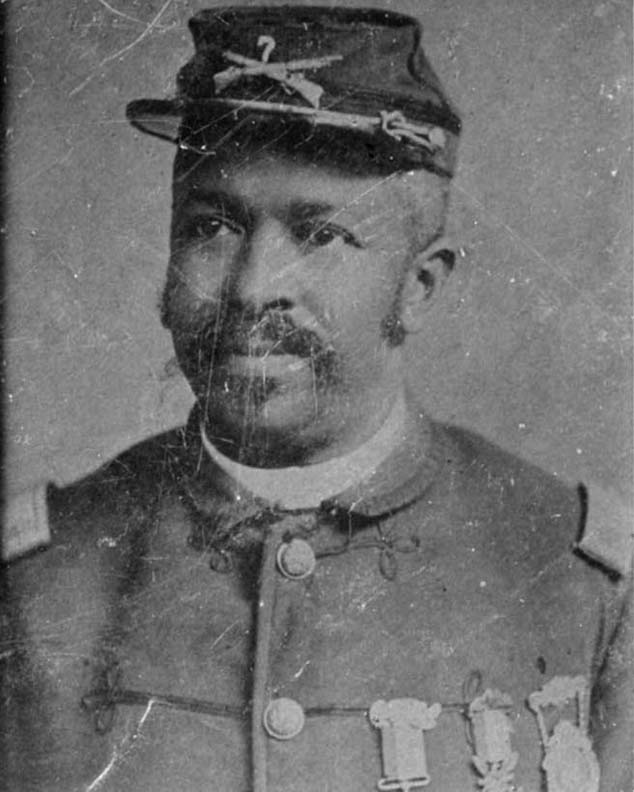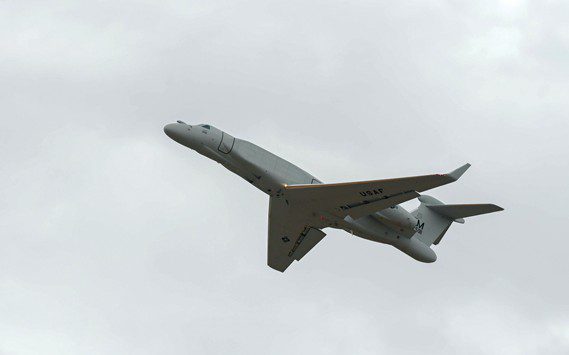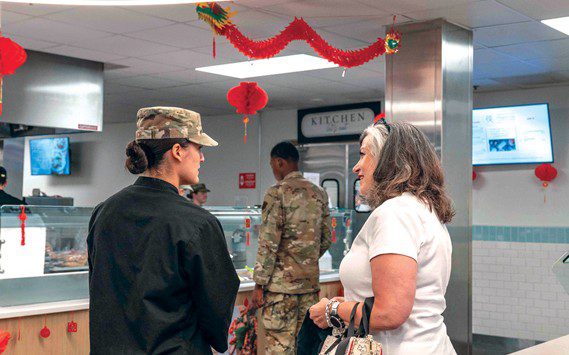After President Abraham Lincoln issued the Emancipation Proclamation on Jan. 1, 1863, many Black men joined the Army to fight for the Union and their freedom. One of them was Christian Fleetwood, who became one of 17 Black Soldiers to earn the Medal of Honor during the Civil War.
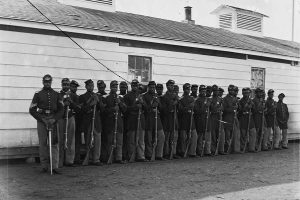
Fleetwood was born on July 21, 1840, into a free family in Baltimore, Maryland. He was educated in the home of his father’s employer, a sugar merchant, and later graduated from Ashmun Institute in Oxford, Pennsylvania. The school is now Lincoln University; some notable alumni include Thurgood Marshall and Langston Hughes.
According to the Library of Congress, Fleetwood worked for the Maryland Colonization Society and traveled to African countries. He later published Baltimore’s Lyceum Observer, which was one of the first Black newspapers in border slave states.
Seven months after Lincoln issued the Emancipation Proclamation, Fleetwood joined the Union Army as part of the 4th U.S. Colored Infantry. He quickly rose to the rank of sergeant major.
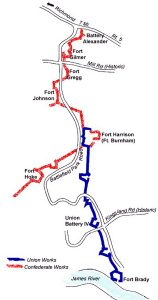
About a year later, he would earn the Medal of Honor.
On Sept. 29, 1864, Fleetwood and his fellow Soldiers were fighting near Chaffins Farm, a large open bluff between Richmond, Virginia, and the James River. Union Gen. Ulysses S. Grant ordered troops to attack northward from the river to capture the city.
During the battle, Union soldiers overwhelmed defenders inside Fort Harrison and captured the strategic area of New Market Heights, where Fleetwood’s brigade was sent to fight.
At first, they were repelled, but they were eventually able to take the hill with the help of reinforcements. During the fight, two flag bearers from Fleetwood’s unit were shot. While one Soldier picked up the regimental colors, Fleetwood picked up the U.S. flag. According to the Medal of Honor citation, Fleetwood “bore them (the flag, or ‘colors’) nobly through the fight.”
He was 23 and the highest-ranking Black man at the time to commit actions that would earn him the Medal of Honor.
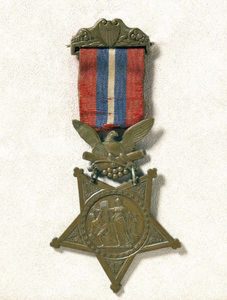
Fleetwood was honorably discharged from the Army in 1866. He settled in Washington, D.C., and spent the rest of his life working for the district and federal government. In 1887, he became the commander of the D.C. National Guard’s 7th Battalion. He remained in that position until 1892.
Fleetwood was actively involved in musical organizations and also organized a Colored High School Cadet Corps. He died in 1914 at the age of 74. At his funeral, the D.C. National Guard acted as an escort; a fitting tribute to a man who spent much of his life building it.






